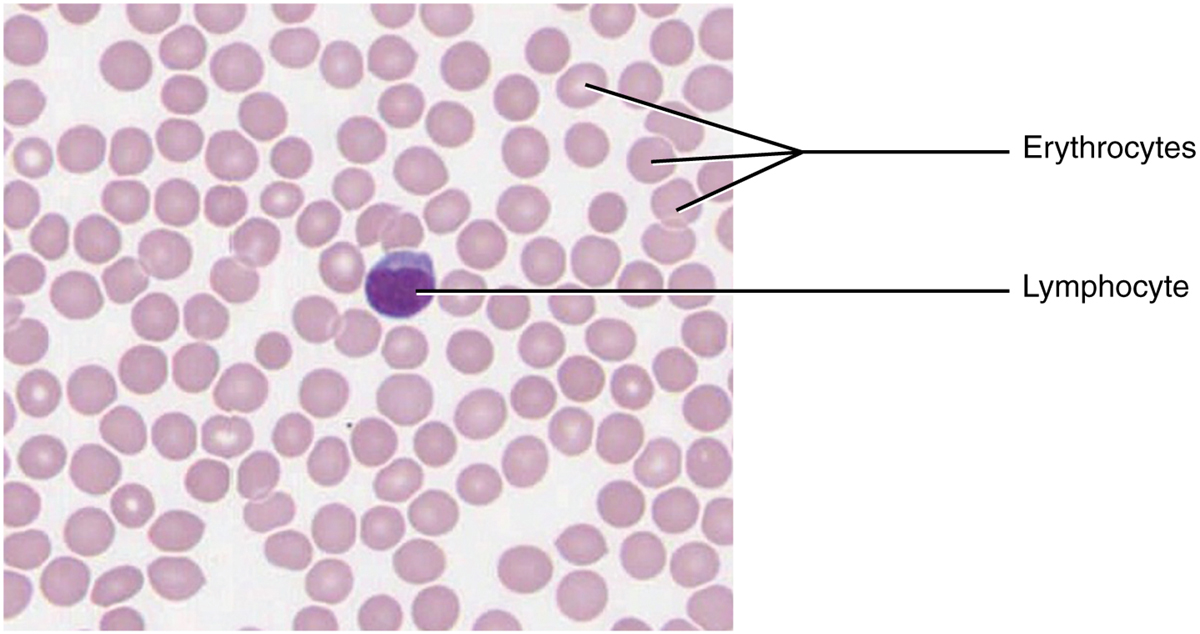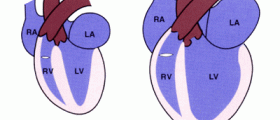
Frumpily tablets and Frumpily LS tablets contain two main ingredients – amiloride hydrochloride and furosemide. Furosemide is belongs to a group of so called loop diuretic. Ameliorate; on the other hand, belongs to potassium-sparing diuretics. The combination of the two is called a co-amilofruse. Diuretic or ‘water tablets’ remove excess fluid from an individual’s body. This is done through an increase of urine production.
The main function of diuretics happens in the kidneys. They cause the kidneys to increase the amount of salts. Those are then filtered into the urine. Alongside these salts, water is also drawn. When this excess water enters the urine, the nature takes over.
Loop diuretics can be very strong. They may cause lowered levels of salts in the blood, effectively inducing a condition called hypocalcaemia. This condition may prove dangerous, especially in patients with heart or liver disease.
Amiloride is a substantially weaker diuretic. The potassium gathered in this way is retained in the body. The combination of the two diuretics is an excellent way to prevent the potassium levels from dropping too low, while at the same time performing the function they were first implemented for.
Co-amilofruse is good at treating conditions of fluid retention in patients which cannot afford a significant drop of potassium in blood.
For instance, a patient suffering from heart disease would experience a number of side-effects due to a less effective pumping mechanism. He/she would most likely have fluid build-ups in the ankles. These would result in swellings. Pulmonary oedema is also likely to present itself in these cases. Furosemide would help to remove excess fluid. This process would also decrease the pressure within the blood vessels, making it easier for the heart to pump the blood.
Excess fluid accumulated due to the cirrhosis of the liver can also be treated this way. These fluids may cause swellings in the abdominal area and in the legs.
It is recommended to use this type of medicine in the morning as opposed to evening use, since they tend to make a person frequently use the toilet.Kidney function should be monitored continuously while the use of this medication lasts. Levels of potassium and sodium in the blood should also be observed regularly.
Any of the following symptoms resulting from the use of this medicine should be reported: thirst, lethargy, confusion, weakness, drowsiness, muscle cramps, scanty production of urine, nausea and vomiting, abnormal heart beats, or seizures of any type.
In case of a suspected allergic reaction, the use of the medication should be stopped until this notion is explored.
Side effects may include disturbances of the gut (diarrhea, constipation, nausea, vomiting), dehydration, deceased blood pressure, dizziness, drowsiness, headaches, confusion, muscle cramps, skin rashes, increased level of uric acid in blood, disturbances of the number of blood cells and electrolytes in blood.

















Your thoughts on this
Loading...